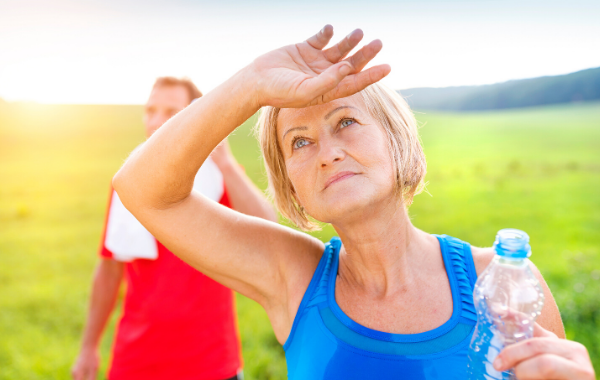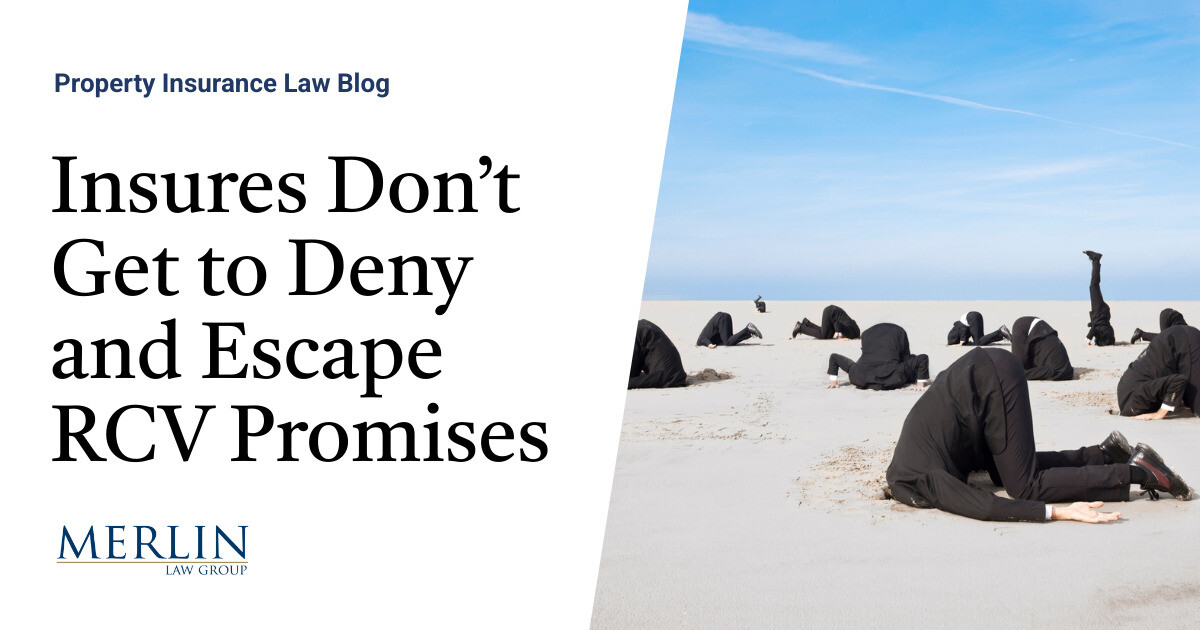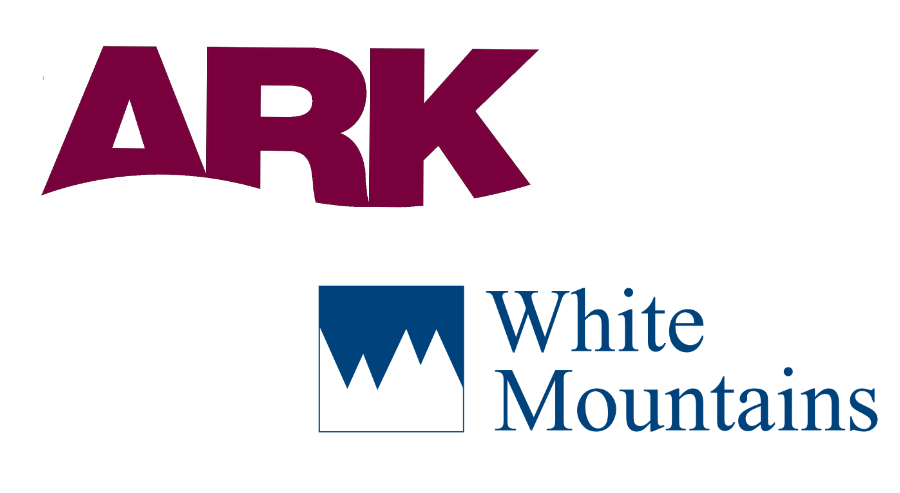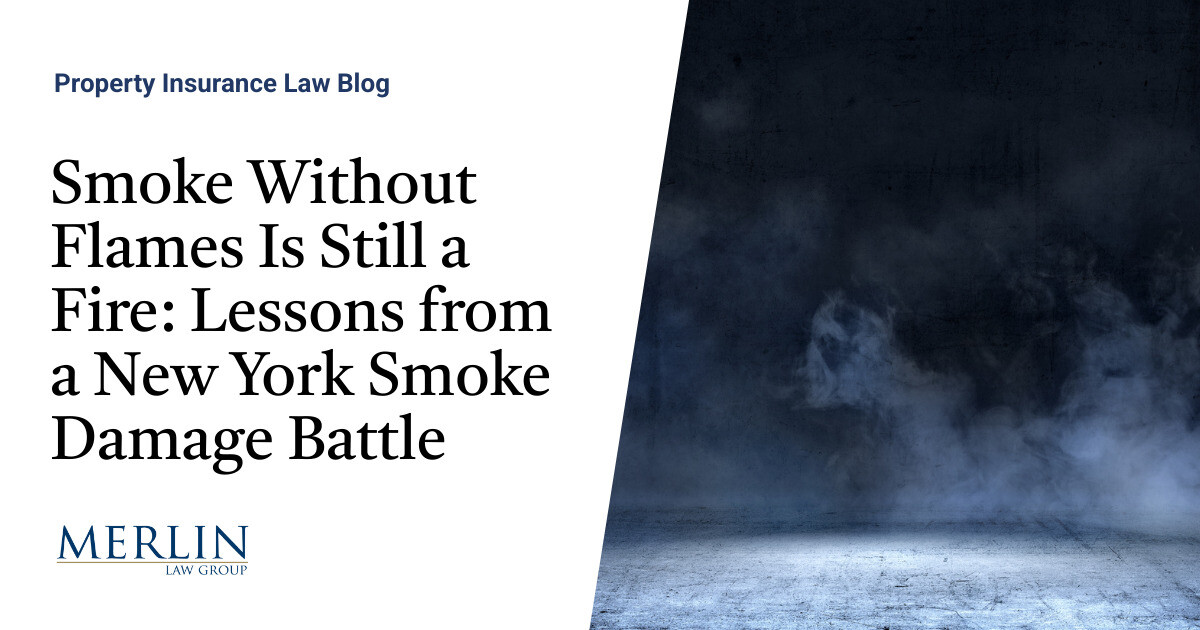
It sure does feel like July outside! With temperatures nearing or exceeding 90 degrees Fahrenheit (32 degrees Celsius) for large portions of the country, sometimes, managing to stay cool only means being in the water or inside in the AC.Where there are high temperatures and humidity, heat management is of utmost importance.While extreme heat is expected in the south half of the country, heat waves do occur in regions of the country known for cooler summers.
While some of us may be a little more accustomed to warmer weather, the fact is, extreme heat causes more than 600 deaths in the United States yearly…more than tornadoes, hurricanes, floods, and lightning combined, according to the Centers for Disease Control.Thankfully, such incidents are preventable with a little effort.Avoid the hotter parts of the day.
Limit or eliminate outdoor activities during the hottest parts of the day (typically from 3:00 p.m.to 7:00 p.m.).This is an example of the most effective risk management technique: avoidance.
Stay indoors in a temperature-controlled environment or in shaded areas.Dress appropriately.Simply avoiding the hottest part of the day is not an option for all.
Many professions and activities require outdoor work.In these circumstances, dressing for the climate is important.Wear clothing that is lightly colored (light color clothing reflects as opposed to absorbing sunlight), loose-fitting, and breathable (such as cotton).
Keep the head covered, and apply sunscreen.Even those with darker complexions are subject to sunburn.Avoid overexertion.
Working too hard in hot climates increases the rate of fluid loss and puts undue stress on the body.To put it simply, take it easy.You cannot do any work if you pass out.
Stay hydrated.While it may seem easy to do, many of us do not get the recommended amount of water.While water requirements vary due to age, sex, pregnancy, and other factors, the general rule of thumb is to drink eight 8-ounce glasses of water a day.
In hot environments, increase the frequency to 2-4 glasses per hour.Sports drinks are good to drink since they replenish electrolytes lost while sweating, though they should not comprise the bulk of fluid consumption.Avoid coffee, tea, alcohol, and sodas.
The sugar, caffeine, acids, and other chemicals in these drinks actually cause dehydration.Understand the symptoms.Listen to your body.
Common signs of heat exhaustion are confusion, irritability, belligerence, light headiness, vomiting, and fatigue.If you experience such symptoms or see the signs in others, end the task, immediately move to a cooler environment, drink water slowly, and contact a healthcare professional.If symptoms are severe, dial 911.
A little effort goes a long way to preventing illnesses from heat.Original blog published July 2017.
Share this:FacebookTwitterLinkedInMoreEmailPrintLike this:
Publisher: Central Insurance Companies








